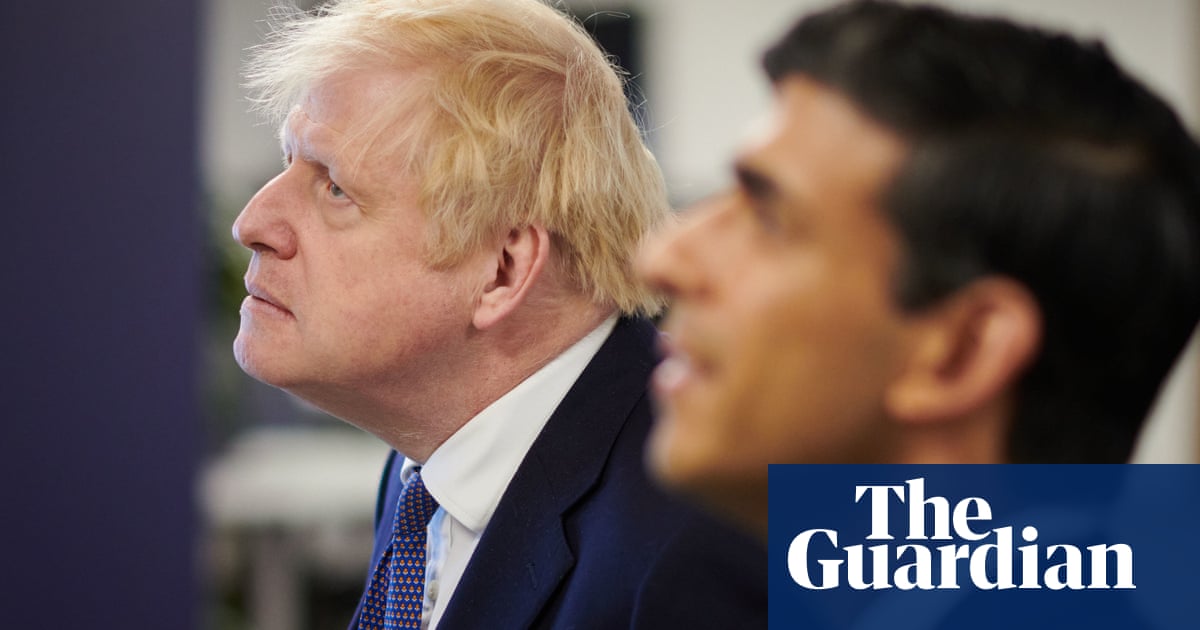
A planned reduction in aid spending may not go to a vote in the Commons, Downing Street has indicated, which would head off a likely rebellion by Conservative MPs but could expose the government to legal action.
Pressed repeatedly on whether the cut in the aid budget from 0.7% of national income – which is set out in law under the 2015 International Development Act – would be subject to a Commons vote or a new act, Boris Johnson’s spokesperson declined to confirm this.
Instead, he argued that the government believed the cut to 0.5% of national income, announced by the chancellor, Rishi Sunak, at last year’s spending review because of the economic consequences of coronavirus, was permitted under the act.
“The government is acting compatibly with the International Development Act, which explicitly envisages that there may be a circumstance where the 0.7% target is not met,” the prime minister’s spokesperson said.
Asked about a vote, he said: “We are looking at this carefully, and the foreign secretary will inform the house on how we intend to proceed in due course.”
Asked about whether this held open the possibility of avoiding a vote, he said: “I’m clearly setting out that it’s for the foreign secretary, who is looking at this carefully, to inform the house as to how we intend to proceed, and that will happen in due course.”
If there is a vote, the government could lose it because of a growing rebellion among Conservative MPs, who believe they have sufficient numbers to overturn Johnson’s majority alongside opposition parties. The issue would also be expected to face significant opposition in the House of Lords.
Tory MPs involved in the rebellion say they have not been given any information about whether or when there will be a vote.
While avoiding parliament would stop a rebellion, it could lead to legal action against the government, for example charities or campaign groups seeking a judicial review about whether the aid cut is compatible with the development act.
Cuts to UK aid to Yemen, which is facing a humanitarian crisis, are said to have galvanised backbench opposition to the broader reduction.
The UK has announced it will give Yemen about £87m in aid this year, down from £164m in 2020. Last week, the prime minister blamed the Covid pandemic for the decision to cut spending, saying it was due to the “current straitened circumstances”.
In a highly unusual intervention, the head of the UN’s office for the coordination of humanitarian affairs has said the decision means ministers have decided to “balance the books on the backs of the starving people of Yemen”.
Mark Lowcock, the former head civil servant at the Department for International Development, said the aid cut would cause many more deaths in Yemen and damage the UK’s reputation internationally.
Asked about Lowcock’s comments, Johnson’s spokesperson said: “We would reject that characterisation.” The UK, he added, “continues to be one of the biggest aid spenders in world”.
The International Development Act does include circumstances where the 0.7% is temporarily not met, for example because of adverse economic circumstances. However, charities believe the cut set out by Sunak would not meet this condition.
In November, the foreign secretary, Dominic Raab, said the government had taken legal advice and that if the UK did not return to 0.7% “in the immediate foreseeable future” then legislation would be needed.












